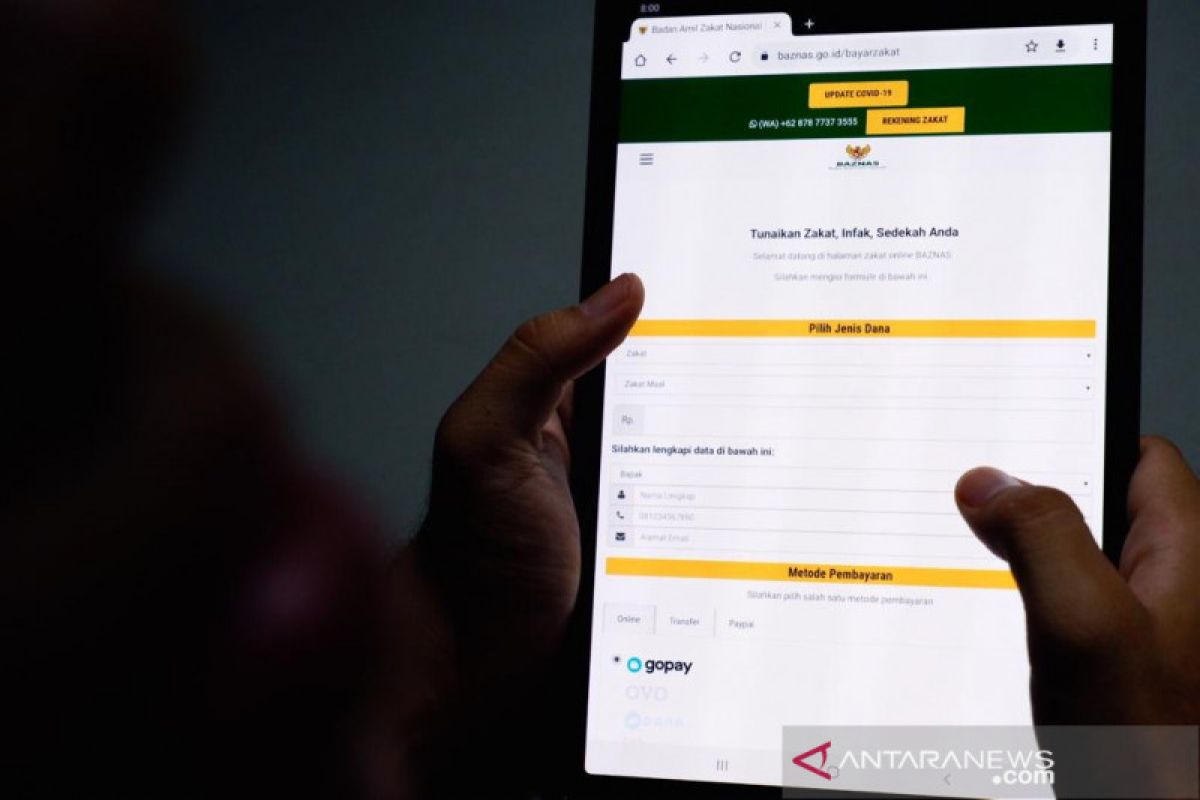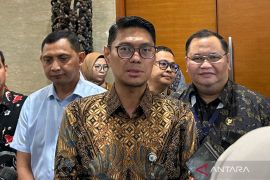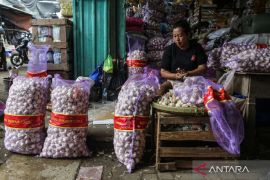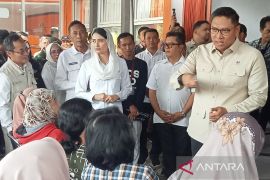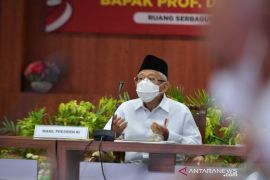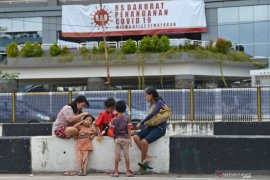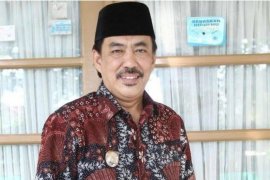Physical contact among people during zakat collection can be minimized if alms-givers start using digital platforms and online payment methodsJakarta (ANTARA) -
In Indonesia, a country with the world’s largest Muslim population, silence shrouds most mosques and other places of worship during the holy month of Ramadhan this year. For the past month, the authorities have imposed large-scale social restrictions in some provinces, including the country’s capital, Jakarta.
Therefore, most mosques during Ramadan bear an empty look as people refrain from praying in congregations to avoid the risk of COVID-19 infection.
However, in the time of pandemic, not all traditions have changed, including the customary practice of paying zakat, or charity. In wake of the coronavirus outbreak, Muslims choosing to give their donations directly to beneficiaries or at zakat collection offices have to observe physical distancing of at least 1.5 meters to two meters.
The Ministry of Religious Affairs this month published a practical guide for praying during Ramadhan amid the coronavirus pandemic in Indonesia. In his circular letter, published on April 6, 2020, Religious Affairs Minister Fahrul Razi urged zakat collectors to reduce physical contact, close zakat collection counters in public places, and utilize more cashless payment methods through digital platforms and bank transfers.
The minister also asked zakat collectors at mosques to practice personal hygiene, keep physical distance, and provide hand sanitizers and other sanitization facilities to Muslims who decide to pay zakat in cash.
“All zakat collecting institutions and individual zakat collectors must clean their offices and mosques, mainly doorknobs, light switches, and star railings,” the minister noted.
Another guidance includes restrictions on shaking hands, although it is customary for most Muslims to grip the zakat collector’s hand after performing their duty.
The minister’s guidance on performing prayers during Ramadhan has been endorsed by the World Health Organization in its advisory note for Muslims in Indonesia published this week.
“WHO has acknowledged the Ministry of Religious Affairs circular letter No.SE.6/2020: Guidance for Ramadhan and Eid Al-Fitr 1 Shawwal 1441 during COVID-19 pandemic which (is) in line with the WHO recommendation and (WHO) supports its implementation. The communication strategy should include proactive messaging on healthy behaviors during the pandemic and use (of) different media platforms,” the UN body noted in its advisory note.
The WHO also urged Indonesian Muslims to practice personal hygiene while paying, collecting, and distributing zakat during Ramadhan.
“Collection and distribution of Sadaqat or zakat during Ramadhan should consider physical distancing and healthy hygiene (guidance). Compliance with instructions by the national and local authorities shall remain,” the UN health body remarked.
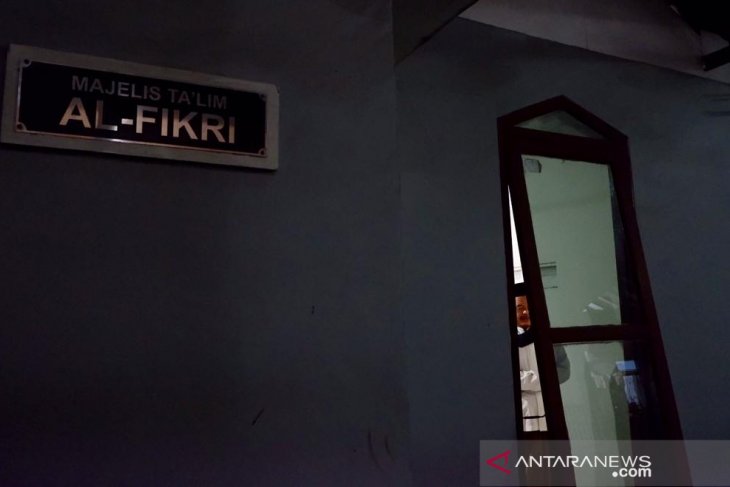
Cashless and digital platforms
Following the minister’s order and WHO’s guidance, the National Alms Agency (BAZNAS) has asked people to start using the office’s digital platform and other cashless options to pay zakat before the end of Ramadhan.
“Physical contact among people during zakat collection can be minimized if alms-givers start using digital platforms and online payment methods,” BAZNAS director M Arif Purwakananta said in a telephonic interview on Saturday.
The National Alms Agency, he explained, offers a wide range of zakat payment options, which include bank transfers, electronic money transfers provided by several partners such as Go-Pay, OVO, Dana, Link Aja, Jenius Pay, and Internet-based digital payments via PayPal.
“We have partnered up with at least 40 e-commerce websites, so people will find it more convenient to pay zakat. Besides, they can easily pay it on our official website,” Purwakananta noted adding, the digital payment method would serve as an alternative as BAZNAS has suspended services at its zakat counters at dozens of malls and department stores.
Besides campaigning for BAZNAS' digital payment services, Purwakananta said, the office will continue to accept zakat payment in cash.
“We have a strict safety protocol to avoid (the) risk (of) being infected by the coronavirus. It includes body temperature checks for all visitors, spraying of disinfectants regularly in every nook and cranny, and restricting visits to maintain physical distancing between donators and zakat collectors,” he explained.
With 90 percent of the agency's staff working in the field for zakat distribution and collection, Purwakananta assured his office would avoid distributing donations in a way that prompted people to form long lines.
“BAZNAS will distribute donations directly to people’s homes to avoid long queues,” he explained.
Zakat is one of Islam's five main pillars, as recited in the Holy Scripture of Quran: "Alms are for the poor and the needy, and those employed to administer the (funds); for those whose hearts have been (recently) reconciled (to Truth); for those in bondage and in debt; in the cause of Allah; and for the wayfarer: (thus is it) ordained by Allah, and Allah is full of knowledge and wisdom.”
Related news: Solace for those performing tarawih in solitude amid pandemic
Related news: Impact of COVID-19 on the tradition of 'mudik' in Indonesia
Related news: Fasting during the COVID-19 outbreak
Editor: Gusti Nur Cahya Aryani
Copyright © ANTARA 2020
